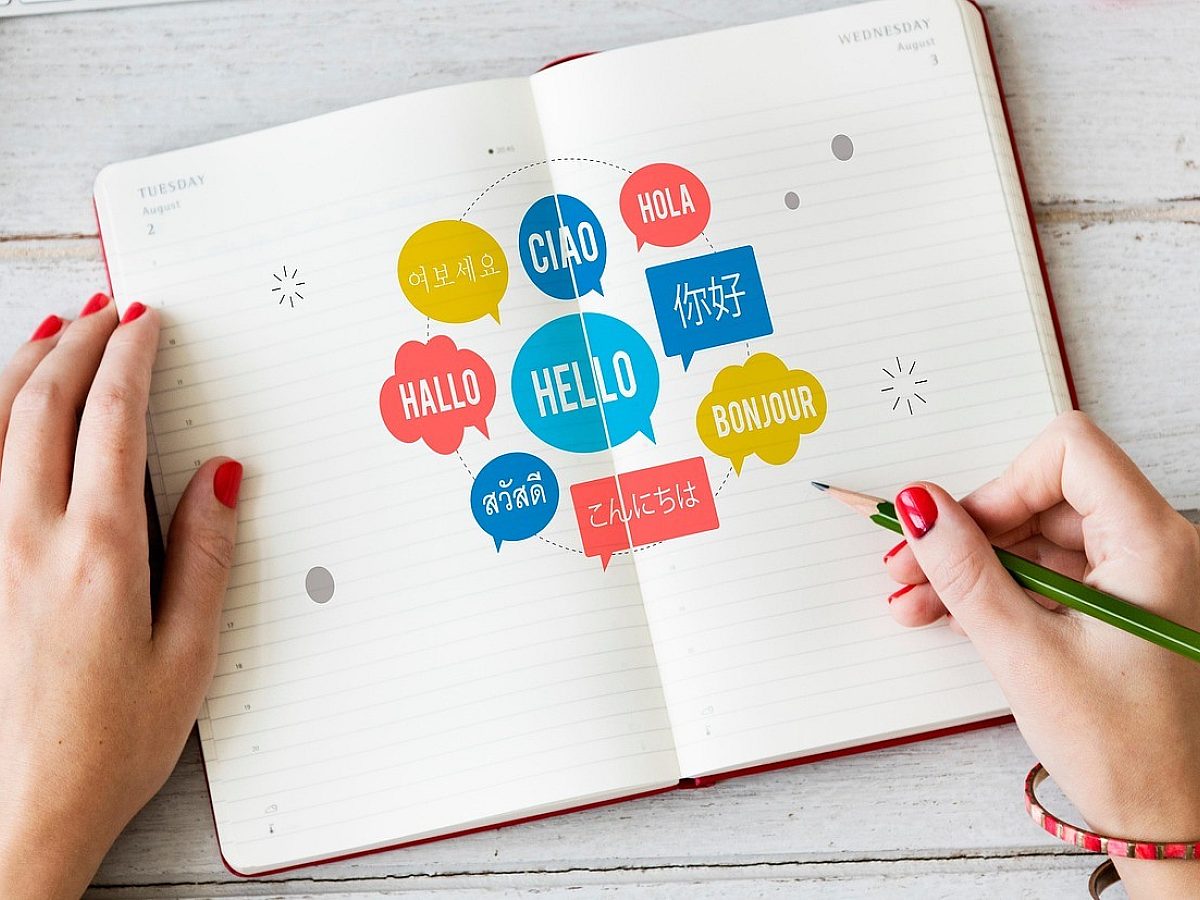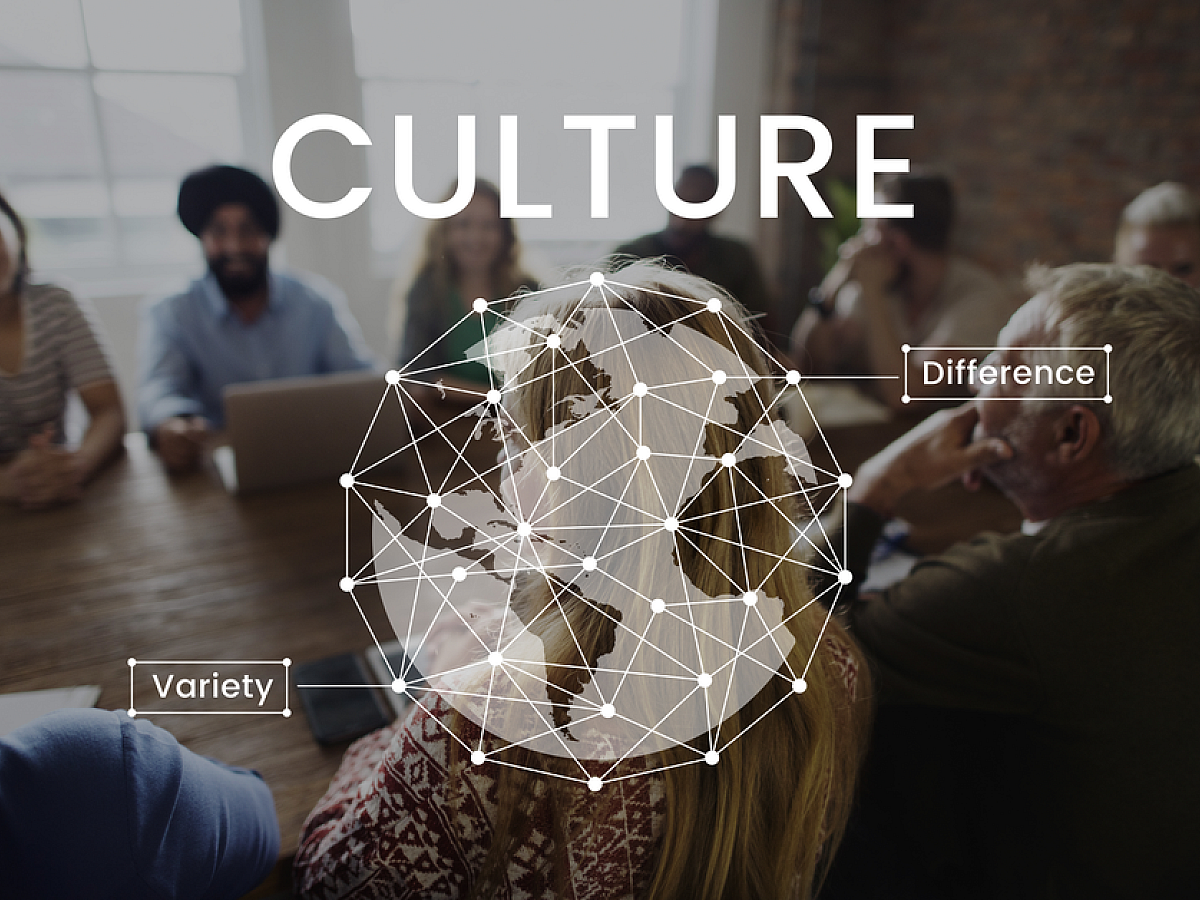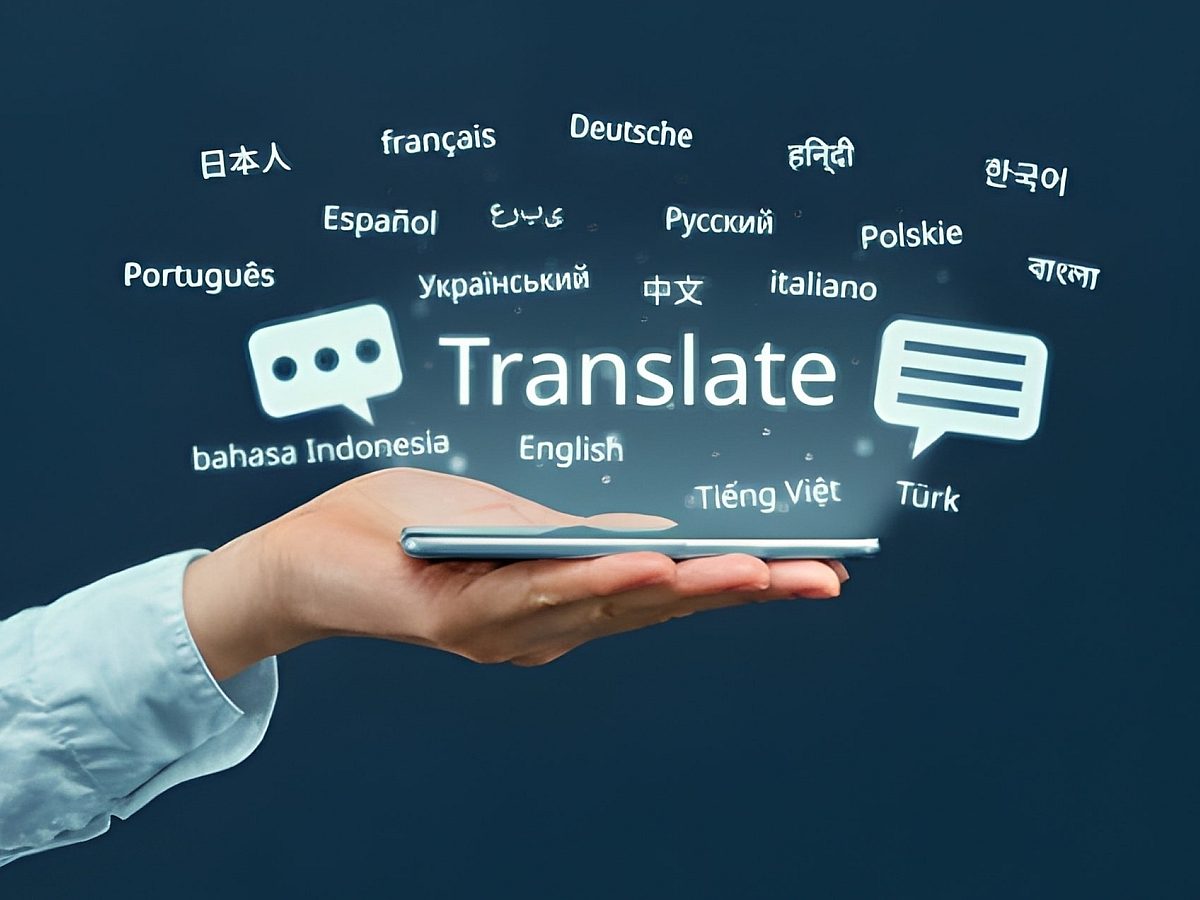In the global marketplace, words matter—but in certain industries, one wrong translation can cost lives, destroy reputations, or invite legal repercussions. That’s why recognizing the importance of legal translation isn’t optional—it’s essential. This blog explores five high-stakes sectors where accurate, industry-specific translation isn't just best practice—it’s a must.
1. Legal Services: Accuracy Isn’t Negotiable
When it comes to legal content, there’s no room for ambiguity. Contracts, court documents, patents, terms and conditions—all contain language where precision is paramount.
Why legal translation matters:
One mistranslated clause could shift contractual obligations or nullify fines.
Misinterpretation of legal terminology can invalidate court rulings or spark cross-border disputes.
Regulators often demand certified translations, especially in immigration, intellectual property, and international litigation.
At Wolfestone, our legal translation services employ translators with legal expertise, ensuring every term and jot is accurate. That’s why many firms rely on us when legal document translation risks are too great to ignore.
2. Healthcare & Pharmaceuticals: Lives Depend on It
Incorrect translation in healthcare can have dire consequences. Whether it’s a patient information leaflet or a clinical trial consent form, mistranslations can lead to dosage errors, misdiagnoses, or detrimental treatment outcomes.
Key challenges:
Medical jargon and abbreviations are easily misinterpreted.
Cultural differences in healthcare communication can render text ineffective—or dangerous.
Regulatory bodies require precise translations for drug safety, adverse event reporting, and approval documents.
Our medical translation services combine subject-matter expertise with medical literacy. We ensure that critical instructions are error-free and medically sound—every time.
3. Finance & Banking: Trust Is at Stake
In financial services, where regulations are strict and money moves fast, a translation error is more than embarrassing—it’s potentially costly.
Why it matters:
Misstated interest rates, tax information, or investment terms can lead to fines.
Documents like loan contracts, investment prospectuses, and audit reports must be crystal clear.
Compliance with international regulatory frameworks (like MiFID II or FATCA) often requires translation for compliance.
Wolfestone’s translators specialize in financial translation, ensuring your content is accurate, compliant, and transparent—so your clients, partners, and regulators can trust you without hesitation.
4. Manufacturing & Engineering: Safety and Precision First
Manufacturers rely heavily on technical content like user manuals, safety guidelines, and training documentation—often translated across multiple countries.
Risks of poor translation:
A misinterpreted instruction can result in faulty assembly or injury.
Technical terms and part numbers must be exact; confusion here leads to quality issues or recalls.
Regulatory certifications (CE, UL, ISO) depend on accurate translations of technical specs and safety documents.
Our team handles technical and engineering translation with precision, delivering user manuals and assembly instructions that meet both safety and usability standards.
5. Technology & Software: The Devil Is in the Details
In software localization, even small mistakes can break your user experience or expose you to legal risk—especially when deploying internationally.
Why accuracy is crucial:
UI labels, error messages, and support documentation must be coherent and context-aware.
Terms of service, privacy policies, and EULAs require precise legal phrasing.
Translation in regulated industries like fintech or medtech adds a layer of compliance responsibility.
Wolfestone’s software localization workflows ensure every string, screen, and legal disclaimer is translated perfectly—and works seamlessly in local markets.
How These Industries Always Benefit from Specialized Translation
Subject-matter expertise: Legal or medical translators inherently understand the domain.
Cultural and contextual accuracy: Native speakers can spot nuance that generic translators can’t.
Certification & compliance: Many documents require notarization or regulatory sign-off.
Continuous updates: Industries like finance constantly evolve; translations must adapt.
For all these reasons, Machine Translation or non-specialized translators can’t meet the standard. One oversight in legal text, medical dosage instructions, or regulatory documentation could lead to lawsuits, recalls, or even endanger lives.
Real-World Consequences of Poor Translation
In 2018, a multinational rolled out an international version of its EULA with translation errors that conflicted with local laws—resulting in a €500,000 fine.
Another global automaker misrepresented safety instructions in a key market, triggering a product recall affecting thousands of units and diminishing brand reliability.
These aren’t isolated incidents. They highlight why investing in professional, specialized translation is non-negotiable.
Partnering with Wolfestone: Translation You Can Trust
At Wolfestone, we understand that industries like law, healthcare, finance, manufacturing, and tech can’t gamble with translation quality. That’s why we provide:
Industry-specific translators with legal, medical, or technical backgrounds
ISO-certified workflows ensuring consistency and security
Tight translation for compliance processes to meet global standards
Revision and QA loops with subject-matter reviewers
You’ll never be left with generic output—only precise, reliable translations ready for global operation.
What You Can Do Now to Avoid Risks
Run an audit of your current multilingual content: Who translated it? What quality checks were performed?
Identify mission-critical content: Contracts, manuals, medical instructions—everything that can carry legal liability or risk.
Engage specialized translators: Request translators with domain experience and certifications.
Maintain consistency: Set up real-time updates and glossaries to avoid drift across versions.
Ensure compliance: Keep documents current with region-specific legal and regulatory requirements.
Final Thoughts: Words Matter—Especially Here
In these five industries, the stakes are high. Accuracy isn’t a bonus—it’s a necessity. The importance of legal translation extends far beyond just legal documents—it spills into healthcare, safety, trust, and brand integrity.
Mistakes here aren’t just embarrassing; they’re dangerous.
If your business operates in any of these sectors, professional translation services aren't a cost—they're a shield against unforeseen risks.
At Wolfestone, we specialize in industry-grade translation backed by domain expertise and ISO-standard processes. Protect your brand, adhere to compliance, and present your global audience with accurate messaging.




